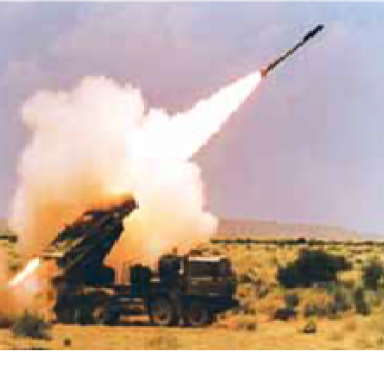The Indian Army is in the process of finalising the technical parameters of Future Ready Combat Vehicle (FRCV), which will gradually replace T-72 tanks.
The plan is to have the first prototype in four years and inductions starting 2030, as reported by The Print.
The Army is looking at the FRCV to cater to ‘future capability requirements and enhance overall operational effectiveness index’ in varied terrains.
“The role of the FRCV will be to offer multiple options for rapid operational employment,” a source in the defence establishment told ThePrint.
The project, the source added, is currently in the feasibility study stage, to be followed by the issuance of the Preliminary Staff Qualitative Requirements (PSQR) in a few months.
“Thereafter”, it is learnt, “the process of selection of the interested developing agencies would be done.”
Sources added that the prototype should be ready in about four years from now, following which trials and production would be undertaken, which will require approximately two years before deliveries can begin.
“The Army is looking to procure 1,700 tanks in three phases.
The Army expects each phase to deliver nearly 550-600 tanks. However, this depends on the production rate and the agencies that will be selected to manufacture the FRCV,” said the source mentioned earlier.
The Army had floated Request for Information (RFI) for FRCV in June 2021.
The project for procurement has attained the Approval in Principle (AIP) under the Make-I Category, which involves government funding of up to 90 percent, released in a phased manner based on the progress of the project.
The FRCV will be developed under the Make-I category involving the ‘Indigenously Designed, Developed and Manufactured’ (IDDM) component, which requires the platform to not only be designed indigenously but also have a minimum of 50 percent indigenous content.
Sources explained that a decision on which of the components are to be imported will depend on the two agencies that will be selected and funded for the development of these platforms — as long as the 50 percent indigenous content criteria is fulfilled.
Once commissioned, the FRCV are expected to remain in service for a period of 35-45 years.

